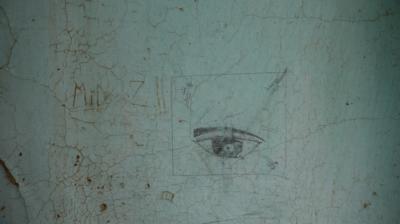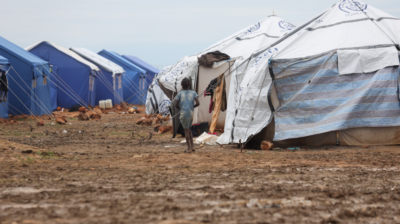For Mozambique, one of the poorest countries in the world, the coronavirus pandemic is an additional stone in already tight shoes. In what has been dubbed as a perfect storm, the country is dealing with two foci of violence, one in the centre of the country and one in the north. It is reeling from a sovereign debt acquired illegally, without the approval of the parliament, which has plunged the country in a recession, and made it lose foreign investment and much needed support to the national budget from its main donors.
To compound onto all other crises, cyclones Idai and Kenneth ravaged the central and northern region of the country in March and April last year, leaving in its aftermath over a thousand dead, the infrastructure of the second largest city in the country nearly destroyed, and hundreds of people displaced.
After an election marred by violence and allegations of electoral fraud in October last year, the government is facing weak legitimacy and fierce criticism of all its decisions. The Catholic Mozambican Conference of Bishops warned that the irregularities fuel contestation by the opposition, and seriously compromise the chances of peace and reconciliation. Civil society was particularly critical of the alleged role of the National Election Committee in facilitating the electoral fraud.
Up to now, the preferred way of addressing the public has been presidential rallies, even outside election campaign periods. The ongoing conflict in the resource-rich Northern province of Cabo Delgado has been dealt with a heavy-handed military response and a gag on information reporting. This has resulted in the imprisonment and alleged torture of journalists and researchers who have tried to cover or study the events.







